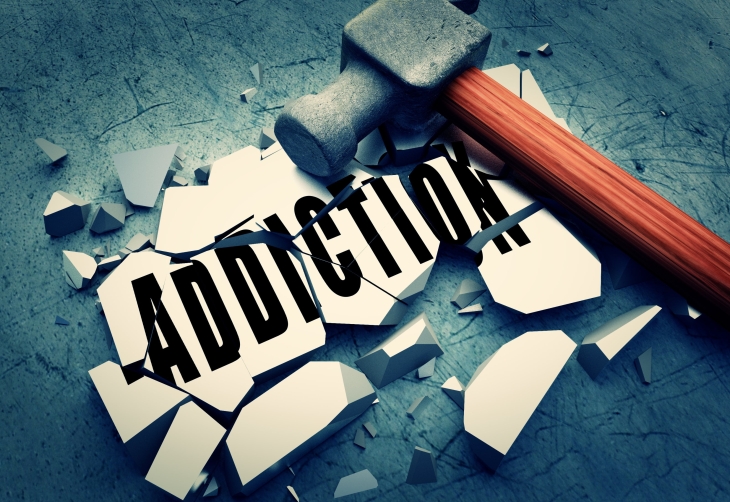

Compared to White people, Black and Hispanic people are more likely to be imprisoned after drug arrests than to be diverted into treatment programs.Īlso, a 2018 study in Florida found that African Americans seeking addiction treatment experienced significant delays entering treatment (four to five years) compared to Whites, leading to greater progression of substance use disorders, poorer treatment outcomes, and increased rates of overdose. While the opioid crisis has triggered some efforts to move away from punishment toward addressing addiction as a matter of public health, the application of a public health strategy to drug misuse remains unevenly distributed by race/ethnicity. When it involves an untreated opioid use disorder, relapse to drug use can be fatal due to loss of opioid tolerance that may have occurred while the person was incarcerated.

More than half of people in prison have an untreated substance use disorder, and illicit drug and medication use typically greatly increases following a period of imprisonment. Imprisonment, whether for drug or other offenses, actually leads to much higher risk of drug overdose upon release.

One analysis by the Pew Charitable Trusts found no statistically significant relationship between state drug imprisonment rates and three indicators of state drug problems: self-reported drug use, drug overdose deaths, and drug arrests. Ineffective Punishmentĭrug use continues to be penalized, despite the fact that punishment does not ameliorate substance use disorders or related problems. These are just a few examples of the kinds of racial discrimination that have long been associated with drug laws and their policing.
#Cure my addiction chloe new punishment crack
It is well known that during the crack cocaine epidemic in the 1980s, much harsher penalties were imposed for crack (or freebase) cocaine, which had high rates of use in urban communities of color, than for powder cocaine, even though they are two forms of the same drug. Of the 277,000 people imprisoned nationwide for a drug offense in 2013, more than half (56 percent) were African American or Latino even though together those groups accounted for about a quarter of the US population.ĭuring the early years of the opioid crisis in this century, arrests for heroin greatly exceeded those for diverted prescription opioids, even though the latter-which were predominantly used by White people-were more widely misused.

Even though they use cannabis at similar rates, for instance, Black people were nearly four times more likely to be arrested for cannabis possession than White people in 2018. Inequitable EnforcementĪlthough statistics vary by drug type, overall, White and Black people do not significantly differ in their use of drugs, yet the legal consequences they face are often very different. The US must take a public health approach to drug addiction now, in the interest of both population well-being and health equity. Yet, despite the overwhelming evidence supporting that position, drug addiction continues to be criminalized. We have known for decades that addiction is a medical condition-a treatable brain disorder-not a character flaw or a form of social deviance. Abundant data show that Black people and other communities of color have been disproportionately harmed by decades of addressing drug use as a crime rather than as a matter of public health. These disparities are particularly stark in the field of substance use and substance use disorders, where entrenched punitive approaches have exacerbated stigma and made it hard to implement appropriate medical care. Black Americans have experienced worse outcomes during the pandemic, continue to die at a greater rate than White Americans, and also suffer disproportionately from a wide range of other acute and chronic illnesses. The COVID-19 pandemic has highlighted the large racial health disparities in the United States.


 0 kommentar(er)
0 kommentar(er)
